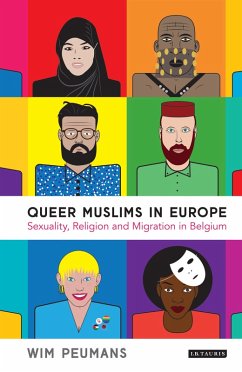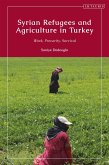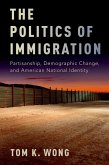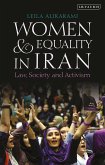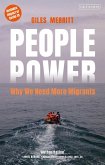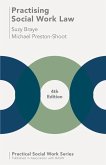Belgium was the second country in the world to introduce same-sex marriage. It has an elaborate legal system for protecting the rights of LGBT individuals in general and LGBT asylum seekers in particular. At the same time, since 2015 the country has become known as the `jihadi centre of Europe' and criticized for its `homonationalism' where some queer subjects - such as ethnic, racial and religious minorities, or those with a migrant background - are excluded from the dominant discourse on LGBT rights.
Queer Muslims living in the country exist in this complex context and their identities are often disregarded as implausible. This book foregrounds the lived experiences of queer Muslims who migrated to Belgium because of their sexuality and queer Muslims who are the children of economic migrants. Based on extensive fieldwork, Wim Peumans examines how these Muslims negotiate silence and disclosure around their sexuality and understand their religious beliefs. He also explores how the sexual identity of queer Muslims changes within a context of transnational migration. In focusing on people with different migration histories and ethnic backgrounds, this book challenges the heteronormativity of Migration Studies and reveals the interrelated issues involved in migration, sexuality and religion. The research will be valuable for those working on immigration, refugees, LGBT issues, public policy and contemporary Muslim studies.
Queer Muslims living in the country exist in this complex context and their identities are often disregarded as implausible. This book foregrounds the lived experiences of queer Muslims who migrated to Belgium because of their sexuality and queer Muslims who are the children of economic migrants. Based on extensive fieldwork, Wim Peumans examines how these Muslims negotiate silence and disclosure around their sexuality and understand their religious beliefs. He also explores how the sexual identity of queer Muslims changes within a context of transnational migration. In focusing on people with different migration histories and ethnic backgrounds, this book challenges the heteronormativity of Migration Studies and reveals the interrelated issues involved in migration, sexuality and religion. The research will be valuable for those working on immigration, refugees, LGBT issues, public policy and contemporary Muslim studies.

